Prof. Dawn Archer, MMU
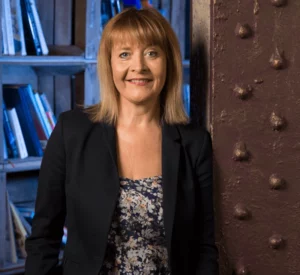
As part of my Higher Education role, and larger consultancy work, I have the privilege of working with a range of professionals from a range of fields and organisations. This work covers areas related to (with the aim of improving training in) the language of influence, negotiation and deception (and their detection). I also appear as an expert („the Listener”) in the TV series, Faking It: Tears of a Crime, aired on DiscoveryPlusUK and QuestRed. If I were to sum up my professional interests, I’d say I love all things to do with communication – especially its many intricacies and nuances. My personal life is full too – thanks to my husband, grown-up children, their partners and (lots of) grandchildren!
Prof. Jean Goodwin, NCSU
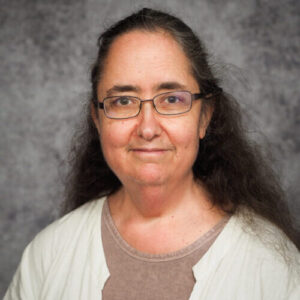
I am SAS Institute Distinguished Professor of Rhetoric & Technical Communication, in the Communication department at North Carolina State University, and a member of the Leadership in Public Science cluster.
My work is in rhetoric, focusing on civic argumentation and in particular on the communication of science in policy controversies. I’m curious about how people manage to reason with each other even when they disagree, perhaps deeply. So my goal is to develop theory that both captures the normative dimensions of arguing while also explaining how, in practice, disagreeable people manage to peacefully and productively coordinate their interactions. I’m particularly excited about the affordances that AI techniques offer for analyzing the vast amounts of deliberative talk that circulate online. Of course, throwing scientists into the mix just tangles things further; in some ways, we have to take an expert’s statements on trust and not ask for reasons. Why is that reasonable?–for it is.
Prof. Cristian Santibanez, UCSC
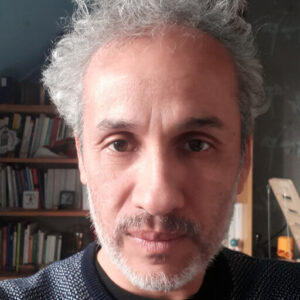
Cristián Santibáñez is a researcher at the Faculty of Education, Department of Linguistics and Literature, Universidad Católica de la Santísima Concepción, Chile. He received his Ph.D. (2005) from the University of Houston (USA) and was a postdoctoral fellow at the University of Amsterdam. His research focuses on argumentation theory, the psychology of reasoning, and epistemology and cognition. He has proposed an evolutionary and cognitive account of argumentation competence. He has been a visiting professor at several universities, including Buenos Aires (Argentina), Windsor (Canada), and Michigan Technological (USA). He is on the editorial board of the series Argumentation Library, Springer, Amsterdam.
Prof. Jean Wagemans, UvA
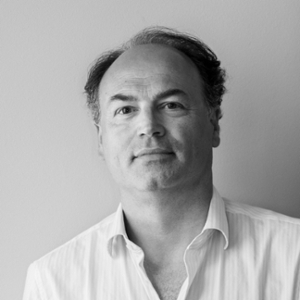
I am a Professor of Cognition, Communication, and Argumentation at the University of Amsterdam. I serve as the chair of the Department of Speech Communication, Argumentation Theory, and Rhetoric and coordinate the interdisciplinary research group Language and Cognition in Argumentation (LANCAR).
My expertise lies in the Philosophy of Argument. I am the originator of the Periodic Table of Arguments (PTA), an innovative taxonomy of persuasive techniques with applications in argument-checking, formal linguistics, and explainable AI. I authored the chapter on The Philosophy of Argument (2022) in the Cambridge Handbook for the Philosophy of Language and co-authored the Handbook of Argumentation Theory (2014) and Argumentation and Debate (in Dutch, 2014). I publish scientific articles, web content, and popularizing columns and frequently appear in the media to discuss my research and provide expert commentary on current affairs.
Dr Jennifer Schumann, UoF


I am currently a postdoctoral researcher on the AMoRe-project at the English Department of the University of Fribourg. The project is supervised by Dr. Steve Oswald and funded by the Swiss National Science Foundation under the Lead Agency Scheme, in collaboration with the Laboratory of the New Ethos, Warsaw University of Technology. Project Number: 10019E_202273. The project combines two methodologies (corpus and experimental research) to investigate how various forms of rephrase are performed and what perlocutionary effects can be achieved with the use of the respective forms. My current research activities on rephrase are linked to my PhD work on the straw man fallacy as well, since the straw man qualifies as a misuse of rephrase.
I completed my PhD under the supervision of Prof. Dr. Sandrine Zufferey at the French Language and Literature Institute of the University of Bern. In my doctoral thesis (The Pragmatics of Straw Man Fallacies. An Experimental Approach), I investigated the role of linguistic factors and their influence on the acceptability of the straw man by approaching the topic from an experimental pragmatic angle. The analyzed factors (locus of misrepresentation, type of reformulation, information structure, use of connectives in French, English, German and Spanish) showed that the underlying linguistic formulation of straw men can have an influence on their acceptability.
Dr Claudia Coppola, USI
I completed my PhD under the supervision of Prof. Dr. Sandrine Zufferey at the French Language and Literature Institute of the University of Bern. In my doctoral thesis (The Pragmatics of Straw Man Fallacies. An Experimental Approach), I investigated the role of linguistic factors and their influence on the acceptability of the straw man by approaching the topic from an experimental pragmatic angle. The analyzed factors (locus of misrepresentation, type of reformulation, information structure, use of connectives in French, English, German and Spanish) showed that the underlying linguistic formulation of straw men can have an influence on their acceptability.
Prof. Dorota Leszczyńska-Jasion, UAM
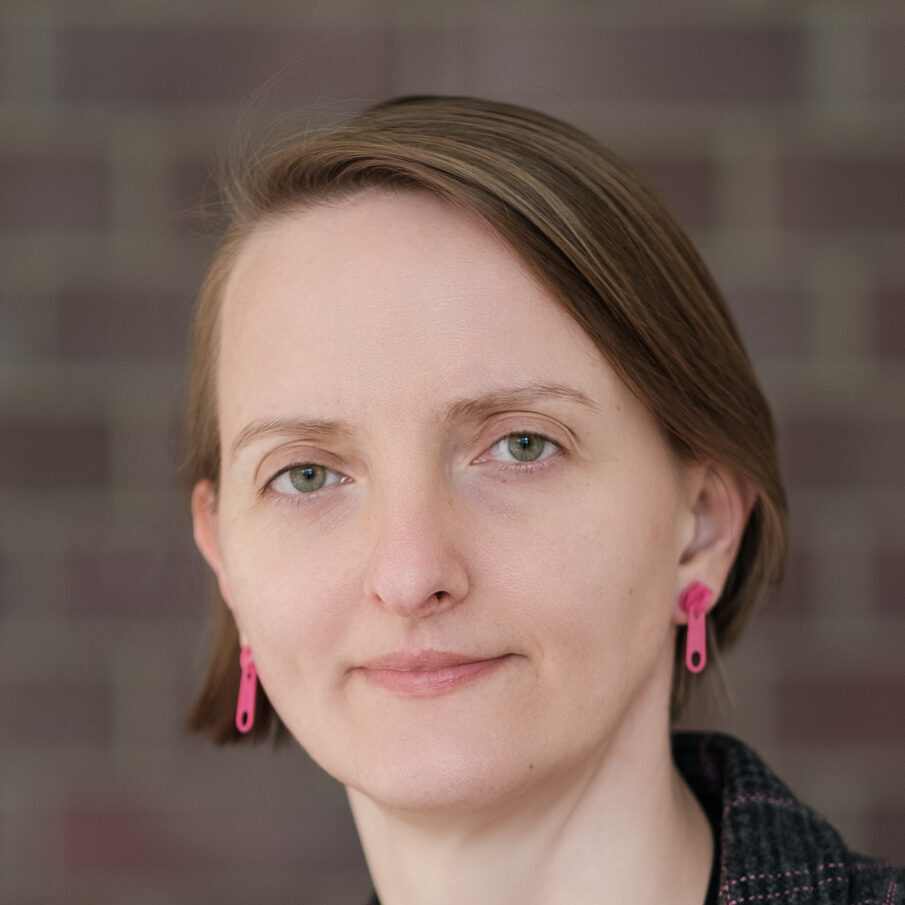
I am interested in formalisms. The ability to describe the products of human thought using a coherent formalism, whose properties can be studied using another formalism, which in turn can be examined through yet another meta-formalism… and so on—reveals in a surprising way the power of the human mind, capable of creating infinite objects of any level of complexity, while at the same time reminding us of the inevitable limitations, of the cognitive imperfection of the subject who can always think but is not always capable of understanding what they have thought.
Prof. Mariusz Urbański, UAM
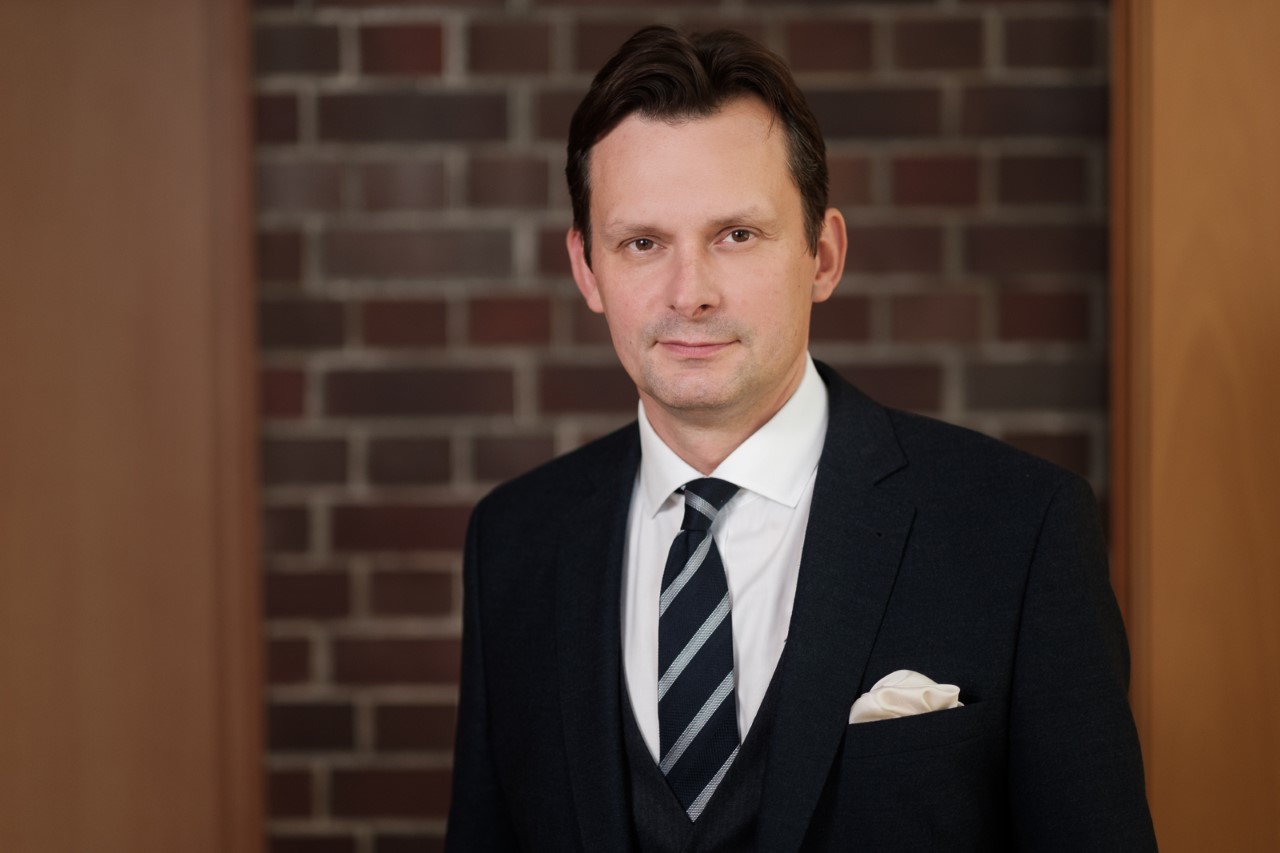
I am Professor at Adam Mickiewicz University in Poznań, where I serve as the Dean of the Faculty of Psychology and Cognitive Science. My research focuses on philosophical logic, cognitive science, and the formal modeling of human reasoning, with a particular interest in abductive and erotetic reasoning. I lead the Reasoning Research Group and have coordinated several national research projects on formal and cognitive aspects of reasoning. I also teach courses on logic, cognition, and empirical methods in cognitive science.
Dr Barbara Konat, UAM (organizer)
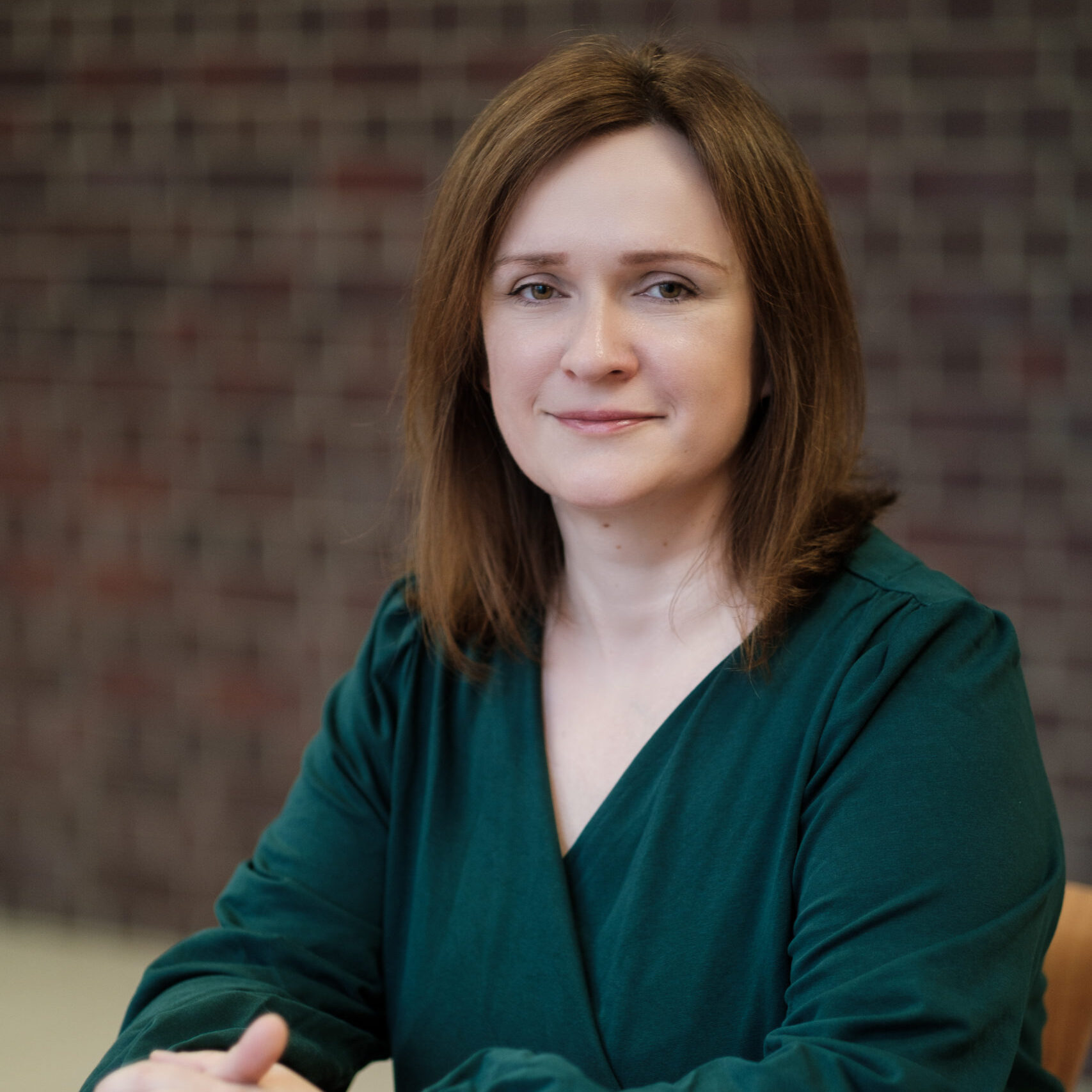
I am an Assistant Professor at the Faculty of Psychology and Cognitive Science at Adam Mickiewicz University in Poznań, Poland. I earned my PhD in Philosophy with a specialization in social communication from the same institution. My research spans argumentation theory, psycholinguistics, and computational rhetoric, with a particular focus on emotional appeals in natural language argumentation.
As a postdoctoral researcher at the Centre for Argument Technology at the University of Dundee, I deepened my expertise in computational argumentation. I led the Sentimenti project, funded by the Polish National Centre for Research and Development, where I directed a team of psychologists and computational scientists in analyzing emotions in language. Currently, I collaborate closely with psychologists at my faculty, conducting research with human subjects and working with international, interdisciplinary teams. I am also the Principal Investigator of Computational Pathos, a project supported by the Polish National Science Centre.